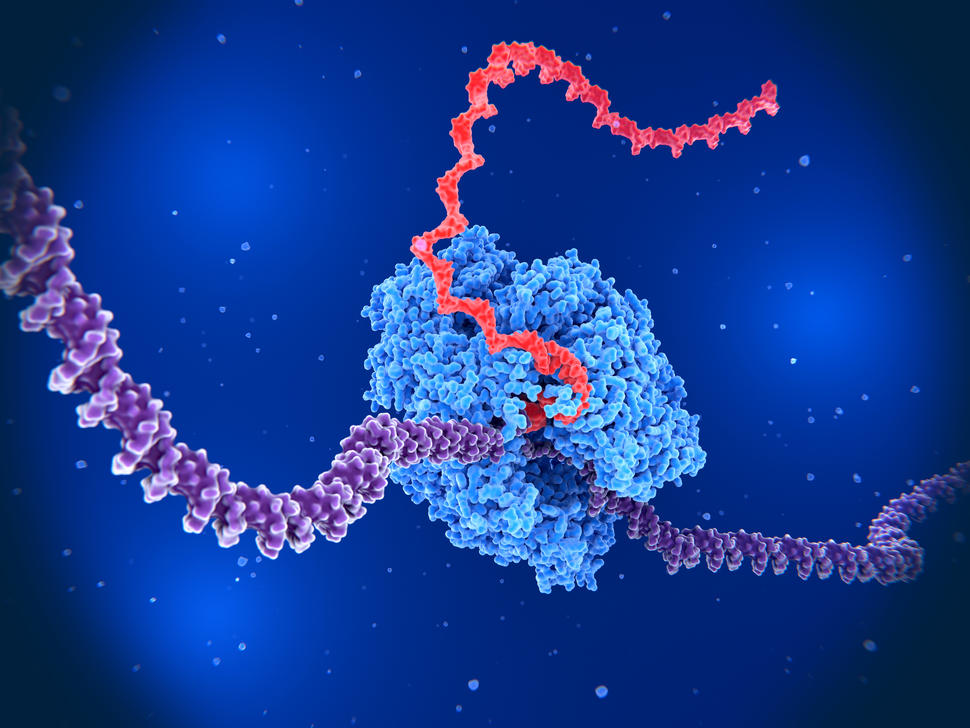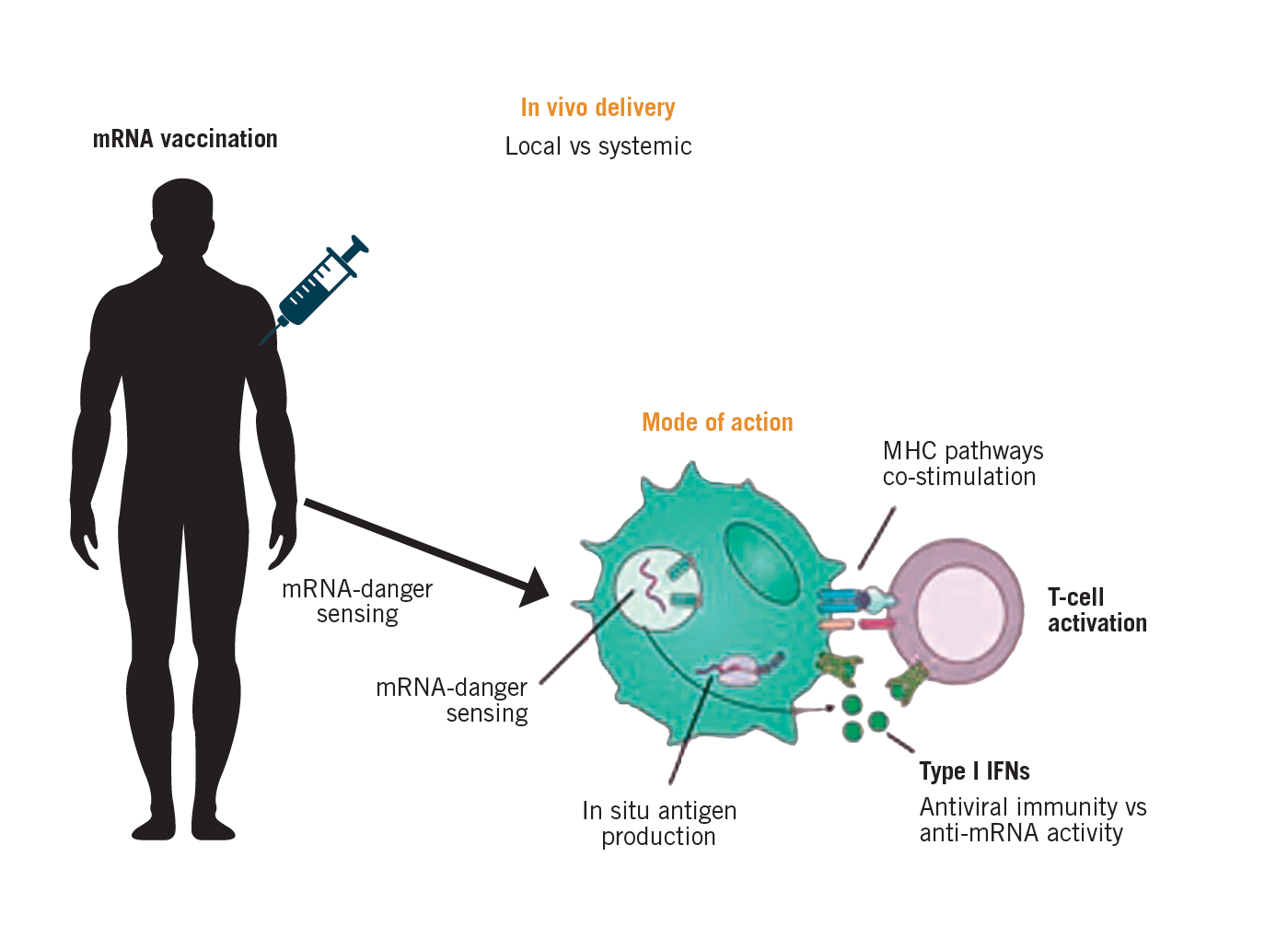
In a significant leap forward for cancer treatment, researchers have initiated the first human trials of an mRNA-based vaccine designed to combat lung cancer — the leading cause of cancer-related deaths globally. Developed by BioNTech, the same biotech firm behind one of the pioneering COVID-19 vaccines, the new therapy—known as BNT116—is being tested across seven countries and could redefine how lung cancer is treated in the near future.
This novel vaccine specifically targets non-small cell lung cancer (NSCLC), a subtype responsible for around 85% of all lung cancer cases. The trial’s primary objective is to evaluate safety, immune response, and early indications of efficacy. If successful, this innovation may pave the way for broader use in personalized cancer medicine.
The clinical trial’s early cohort includes Janusz Racz, a 67-year-old patient from London who recently began receiving the treatment at University College London Hospitals. Racz is one of approximately 130 participants globally, including 20 in the UK, who will receive the vaccine as part of a Phase 1 trial.
https://encrypted-tbn0.gstatic.com/images?q=tbn:ANd9GcSuAWwktZ0lwB6VFYw3rpRkXu54DqLaeVmY6w&s
The Science Behind the Vaccine
BNT116 uses messenger RNA (mRNA) technology, the same platform employed in several COVID-19 vaccines, to program the immune system to recognize and eliminate cancer cells. This approach offers a promising alternative to traditional chemotherapy and radiation, which often damage both malignant and healthy cells.
The vaccine works by encoding tumor-specific antigens — essentially molecular flags that signal the immune system to attack cancer cells while sparing healthy tissue. In this trial, BNT116 is being administered in conjunction with immunotherapy, enhancing the body’s ability to mount a strong, targeted immune response.

Delivery and Trial Structure
Patients in the trial will initially receive weekly doses of the vaccine, followed by maintenance injections. This schedule is designed to stimulate and sustain a robust immune defense against cancer cells. Researchers hope the vaccine will not only treat existing tumors but also prevent recurrence, a persistent challenge in long-term lung cancer survival.
Combining BNT116 with immunotherapy may significantly enhance treatment outcomes. Immunotherapy works by reactivating or boosting the patient’s own immune system to combat cancer — and pairing it with mRNA technology could amplify this effect, especially in aggressive cancers like NSCLC.
Implications for the Future
If BNT116 proves safe and effective in this initial phase, it will proceed to larger-scale trials designed to test long-term efficacy and potential integration into standard cancer care protocols. Success in these trials could herald a new era in cancer treatment, where personalized vaccines are developed rapidly based on an individual’s tumor profile.

Experts believe that the mRNA platform’s adaptability and speed could revolutionize how cancer therapies are designed. Unlike traditional vaccines, mRNA-based solutions can be customized quickly, potentially enabling rapid deployment in clinical settings.
Beyond lung cancer, this breakthrough could open the door for similar vaccines targeting other forms of cancer, including melanoma, colorectal, and breast cancers — many of which are already under pre-clinical or early clinical investigation using similar technologies.
A Milestone in Personalized Medicine
The launch of human trials for BNT116 marks a critical milestone in the evolving landscape of cancer research. While still in its early stages, this effort reflects a broader trend toward precision medicine, where treatments are tailored to the genetic and molecular makeup of each patient’s disease.
For millions affected by lung cancer worldwide, this vaccine represents more than scientific progress — it brings hope for longer, healthier lives and a future where cancer may be not only treatable but preventable.
Source: BioNTech, via trial updates reported by University College London Hospitals and participating clinical sites.
